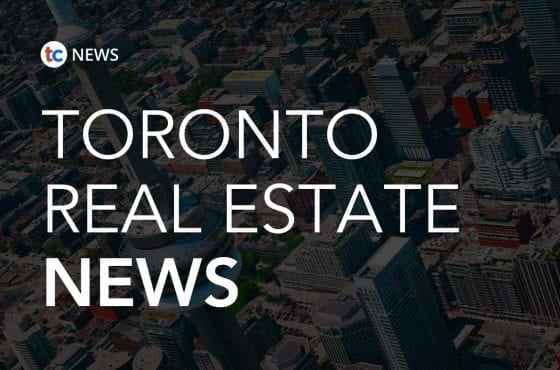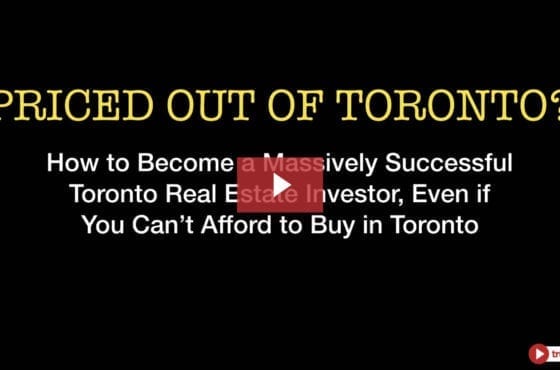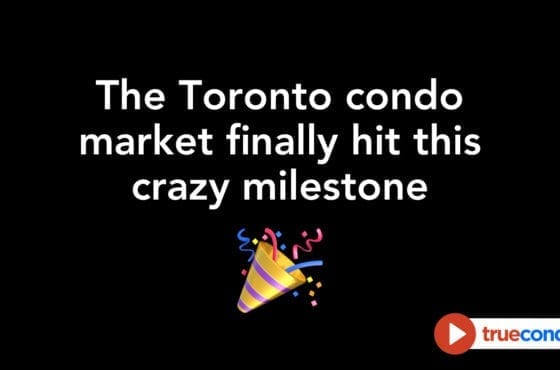Is this really the best way to solve a housing crisis?
Click here to read the original article:
B.C. budget: new housing taxes might not knock down prices, but they could help tame them
TRANSCRIPT
This article is from Global News, and the headline is, “BC budget: new housing taxes might not knock down prices, but they could help tame them.” So I’m often interested to watch and take a note of what’s happening in Vancouver, because oftentimes, whatever happens in Vancouver … the spillover effect happens in Toronto 6 to 12 months later. So it seems to be more of the same in British Columbia with the government basically saying, “Well, we’ve got a major affordability crisis here and a housing crisis in Vancouver. What we’re going to do is just add more and more and more taxes to this problem to hopefully reduce demand, which will hopefully tame prices somewhat and make things more affordable for people.”
So the foreign buyer tax … they’re increasing it to 20% from 15%. They’re increasing the geographic areas where the foreign buyer tax applies. They’re talking about adding some kind of a speculation tax and other measures to reduce people from parking investment money in Vancouver or just flipping properties and things like that. So when you look at here in Toronto, of course, we have the foreign buyer tax as well.
Critics would say that these taxes and measures … they don’t really do anything for affordability. They’re not really helping the situation at all, but really should focus on the supply side of the equation and increasing the amount of new supply coming into the market. That will be the best thing to increase affordability for people and allow more people to get into housing. But there doesn’t seem to be very many measures that anybody’s been able to figure out to make that actually happen, so until that happens, we can likely continue to see prices and rental rates continue to increase, unless we’re seeing some meaningful, significant change on the supply side of the equation.
And also, we’ve got things here in Toronto like development charges. Development charges have quietly doubled. A lot of people aren’t talking about this yet, but it’s yet another tax on buyers. All these taxes and things … they generally are just passed down to the actual buyers of the property. So again, until we see something meaningful on the supply side, then you can continue to expect prices and affordability to continue to be a problem for the market.
So it’ll be interesting to keep watching that and how that unfolds. As I said, what happens in Vancouver often will happen in Toronto 6 to 12 months later. So it will be interesting to watch that. If you like this video, make sure you hit the like button. Hit the subscribe button to get more, and make sure you share this video with somebody who might also find this useful. Until next time, I hope you have a great week, and we’ll talk to you soon.



